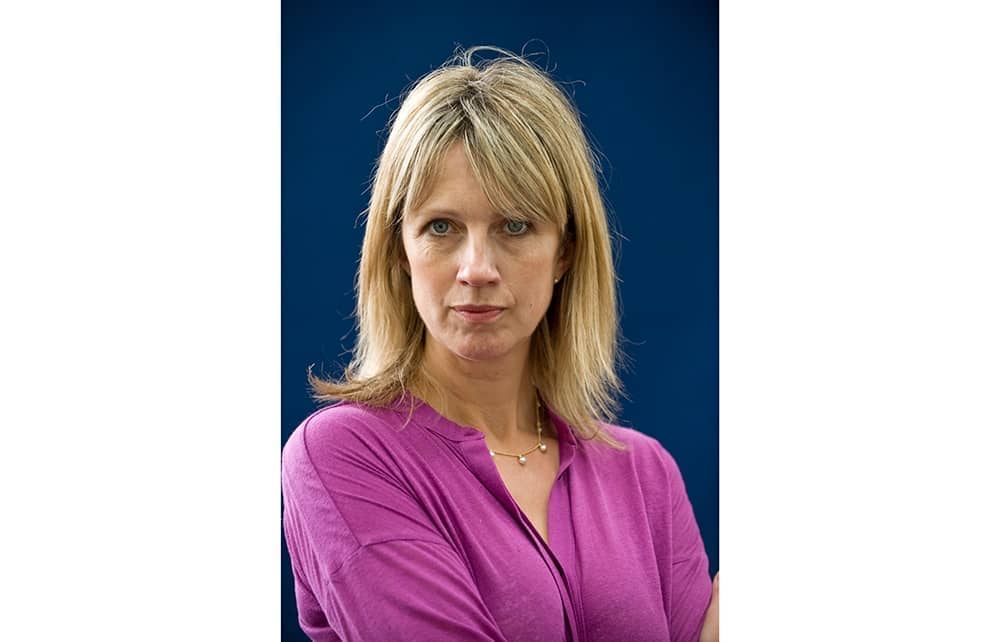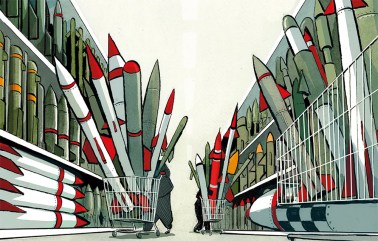Julie Myerson has, somewhat confusingly, written a novel called Nonfiction. The confusion of course is the point, because this is her squarest attempt so far at auto-biographical fiction. The French author Serge Doubrovsky is widely credited with writing the first ‘autofiction’ when he published Fils in 1977. Autobiographical novels have proliferated ever since, notably by Karl Ove Knausgaard, Rachel Cusk and Edward St Aubyn. Hari Kunzru, when asked to discuss similarities between himself and his protagonist in Red Pill (2020), said: ‘It was just the simplest solution to a set of problems to give him the furniture of my biography.’
Myerson’s narrator is a novelist whose father dies by suicide and who has a child with a drugs problem. (The furore in 2009 over Myerson’s The Lost Child, partly about her eldest son’s skunk habit, was so great that a sympathetic journalist summed up the pre-publication reaction in an article entitled ‘Hating Julie Myerson’.)

Get Britain's best politics newsletters
Register to get The Spectator's insight and opinion straight to your inbox. You can then read two free articles each week.
Already a subscriber? Log in








Comments
Join the debate for just $5 for 3 months
Be part of the conversation with other Spectator readers by getting your first three months for $5.
UNLOCK ACCESS Just $5 for 3 monthsAlready a subscriber? Log in